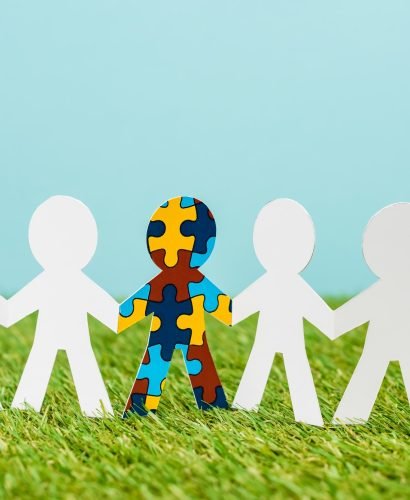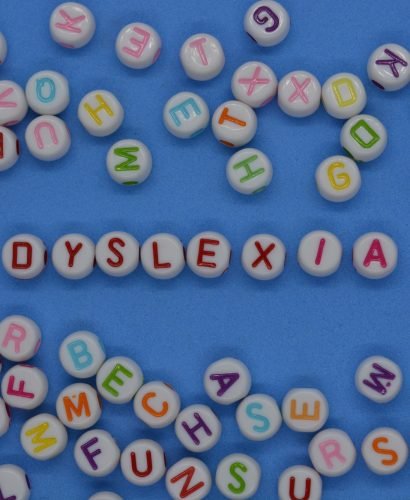Special Attention
What we offer
in Special Attention category
Some conditions are diverse, but early and ongoing supports and services can enhance long-term outcomes. Early detection and diagnosis will help you access the supports and services your child needs. Take into account your child’s unique strengths and challenges that can help improve their daily functioning and quality of life for the whole family.


Special Attention
needs Special Care
Speech Sound Disorder
Speech Sound Disorder includes difficulties with perception, or phonological representation of speech sounds and speech segments.
Dyslexia
Dyslexia
What is Dyslexia?
Dyslexia is a language-based learning disability that neurological in origin. It is often characterised by difficulties in one or more areas of reading, spelling and writing. Some of the accompanying weaknesses may include difficulties in language acquisition, phonological processing, working memory, sequencing and organisation, visual perception and motor skill There is an unexpected gap between a child’s potential for learning and his/her academic achievement. Dyslexia is often diagnosed when the child turns six years old or above.
There’s no single test that can diagnose dyslexia. We may ask for a description of your family and home life, including who lives at home and your child may be asked to take tests to identify reading and language abilities. Early detection and evaluation to determine specific needs and appropriate treatment can improve success. Psychological testing will help your child’s teachers develop a suitable teaching program.




Speech Sound Disorder
Speech Sound Disorder
Children with speech, language, cognitive and swallowing disorders find the compassionate, comprehensive care they need at our clinic. We are skilled and continually trained in the latest medical, surgical and behavioral techniques for diagnosing and managing all speech, language, cognitive and swallowing disorders.
What are children’s speech sound disorders?
Speech sound disorders are conditions where a child’s articulation/pronunciation is delayed or deviant from normal speech sound development. There are five speech sound disorders that children may encounter
- Organic speech sound disorder:
Articulation problems that are associated with structural abnormalities/known impairments such as cleft lip and palate, tongue-tie, hearing impairment, brain injury, etc. - Functional speech disorders:
Difficulties in learning to make specific speech sounds. - Developmental phonological disorders:
Disorders that affect the child’s ability to develop easily understood speech patterns. - Developmental Apraxia of speech:
Difficulties planning oral movements to produce speech sounds.
- Developmental dysarthria:
Motor speech disorder involving problems with strength and control of the speech musculature. Dysarthria is typically seen in cerebral palsy, traumatic brain injury, etc.
Autism
Autism
What is Autism?
Autism is a developmental disorder which affects three main areas of communication, social behaviour and imagination. Autism is present from birth although the features of autism only become more obvious as the child gets older. The worldwide prevalence is estimated at 50-60 per 10,000 school-aged children. The local prevalence rates are not known exactly but there are at least 400 new cases diagnosed annually in Singapore at the Child Development Units of KKH and NUH.
Some children show signs of autism spectrum disorder in early infancy, such as reduced eye contact, lack of response to their name or indifference to caregivers. If you’re concerned about your child’s development or you suspect that your child may have autism spectrum disorder, you may discuss your concerns with us immediately. We can help you identify treatment options and local resources that provide support or refer you to a health professional who can do so.


